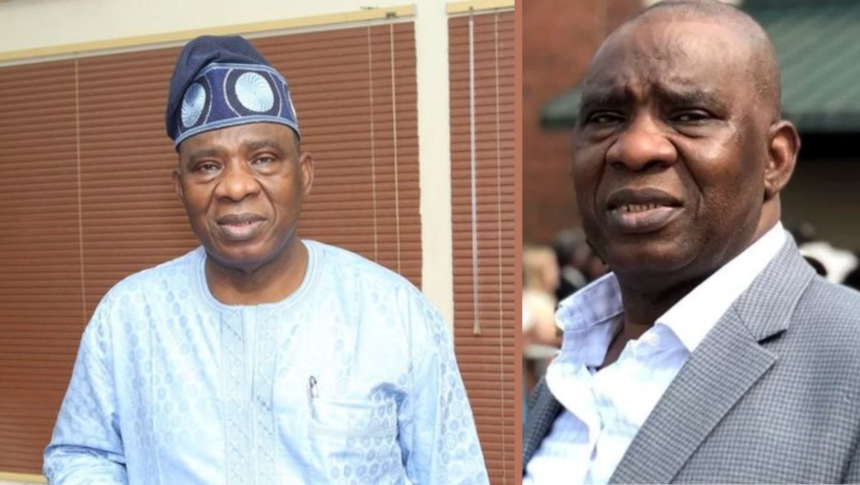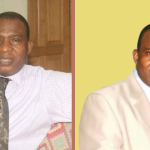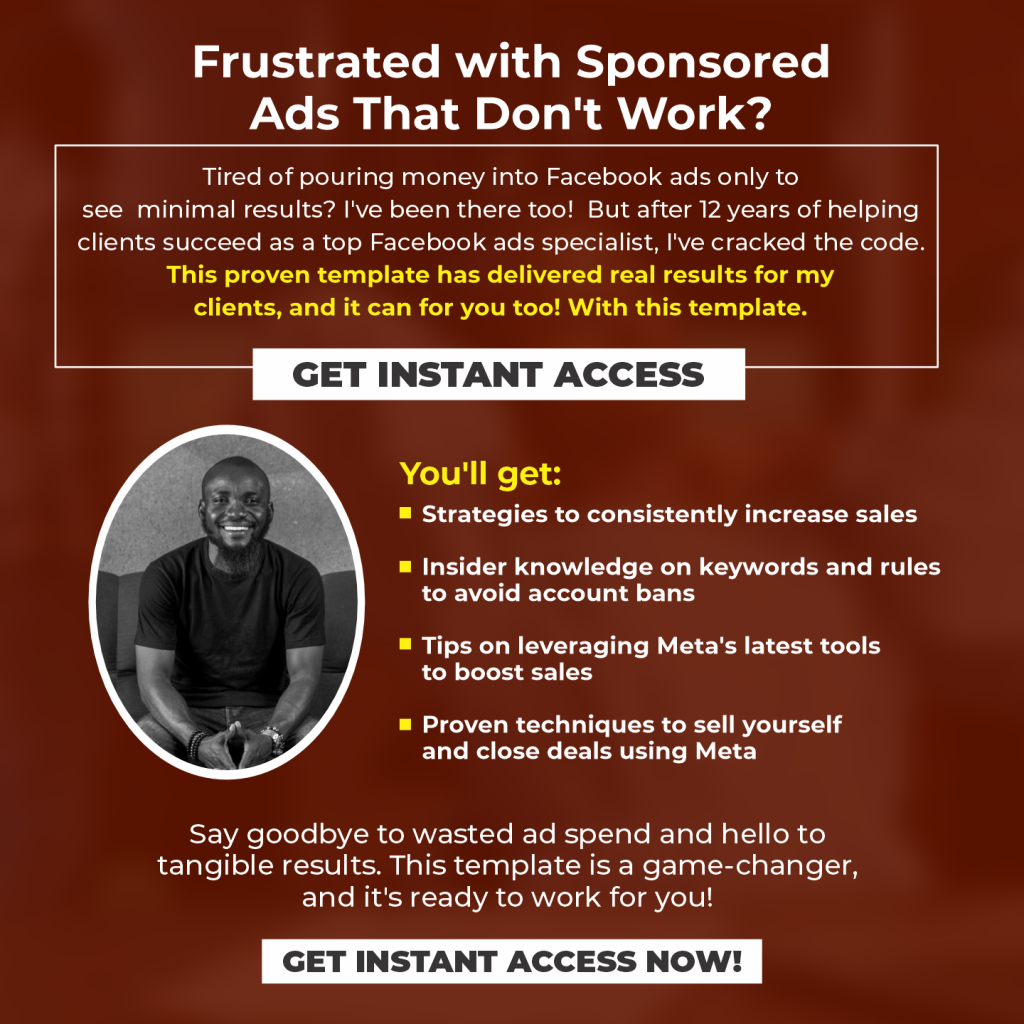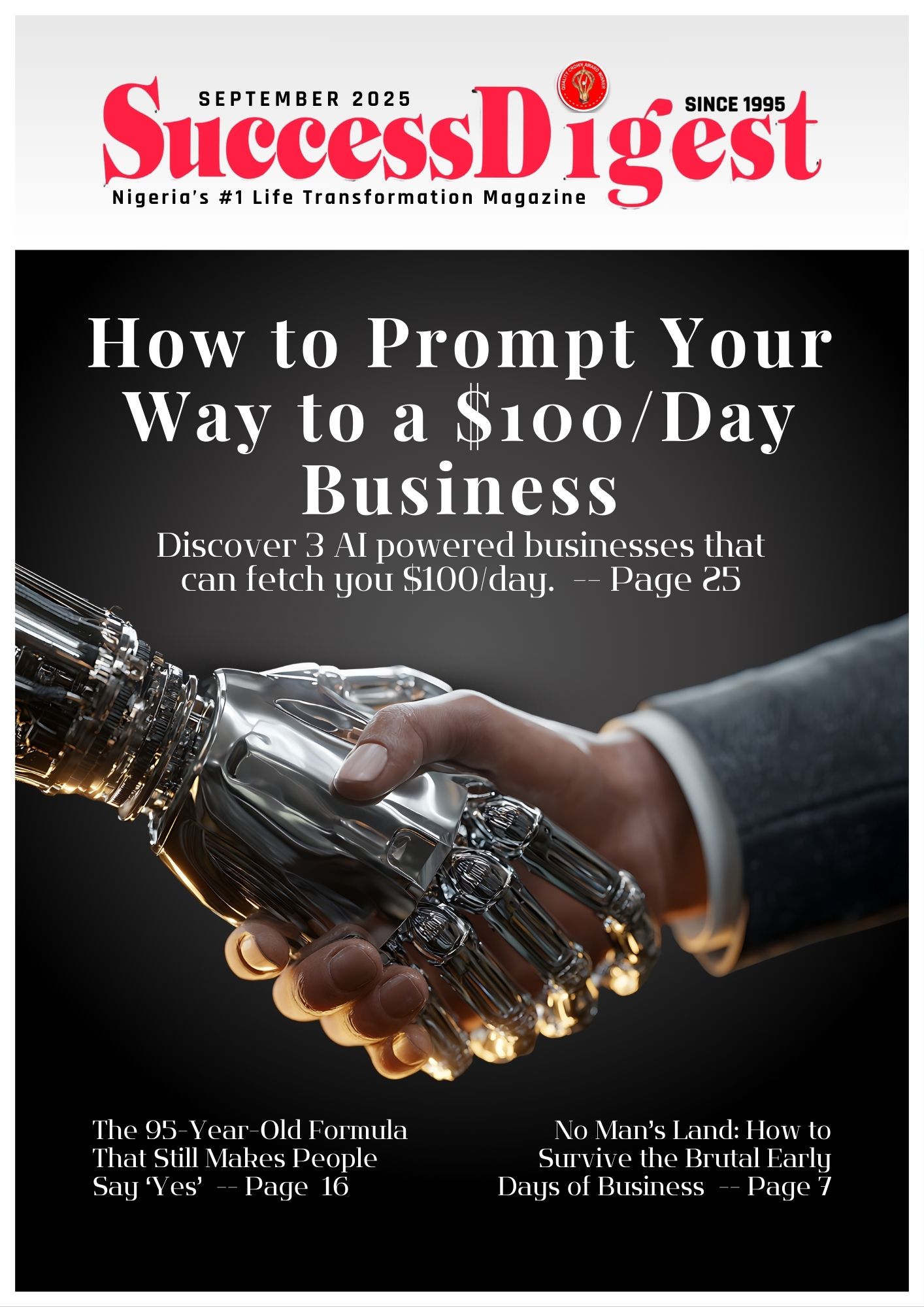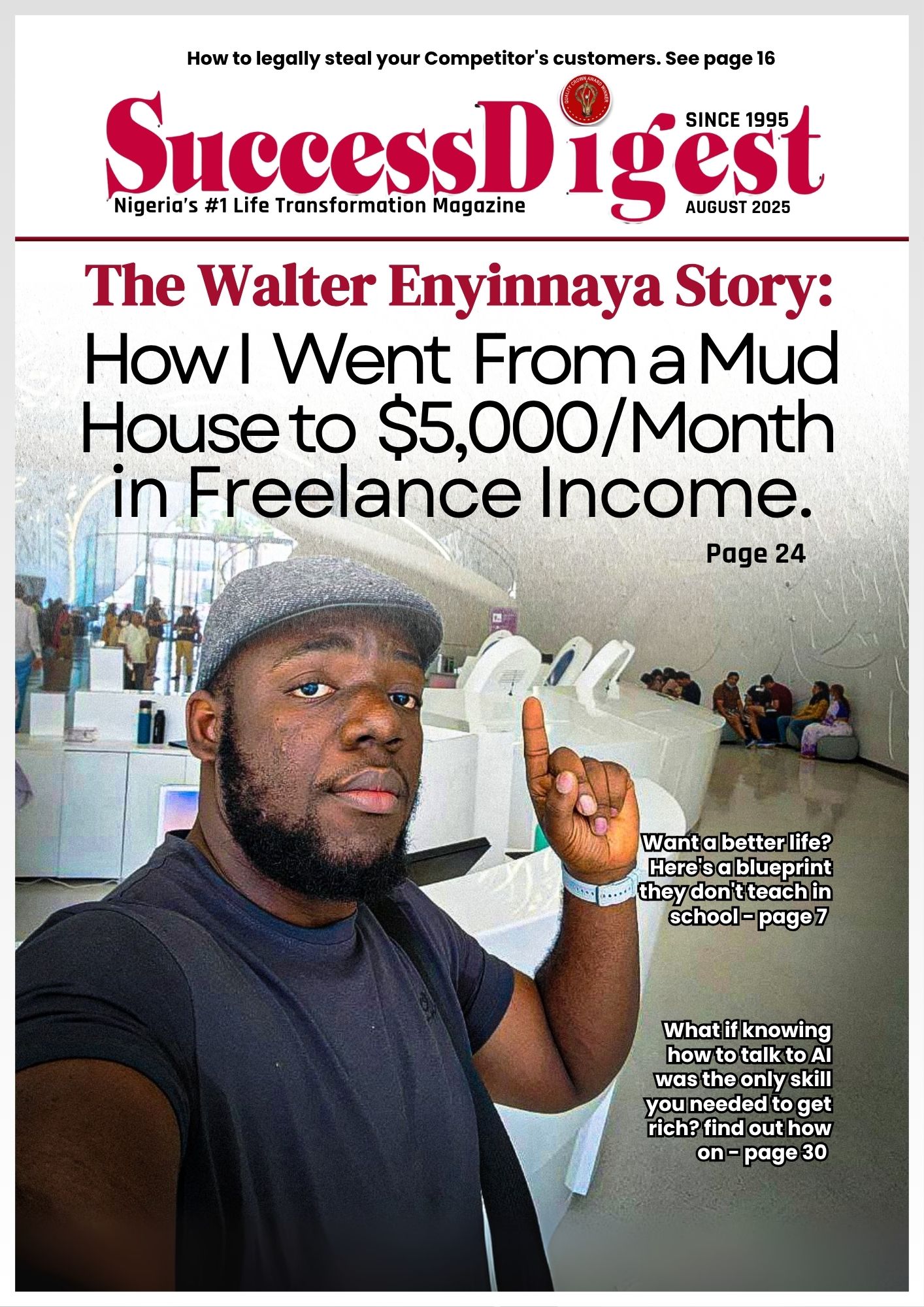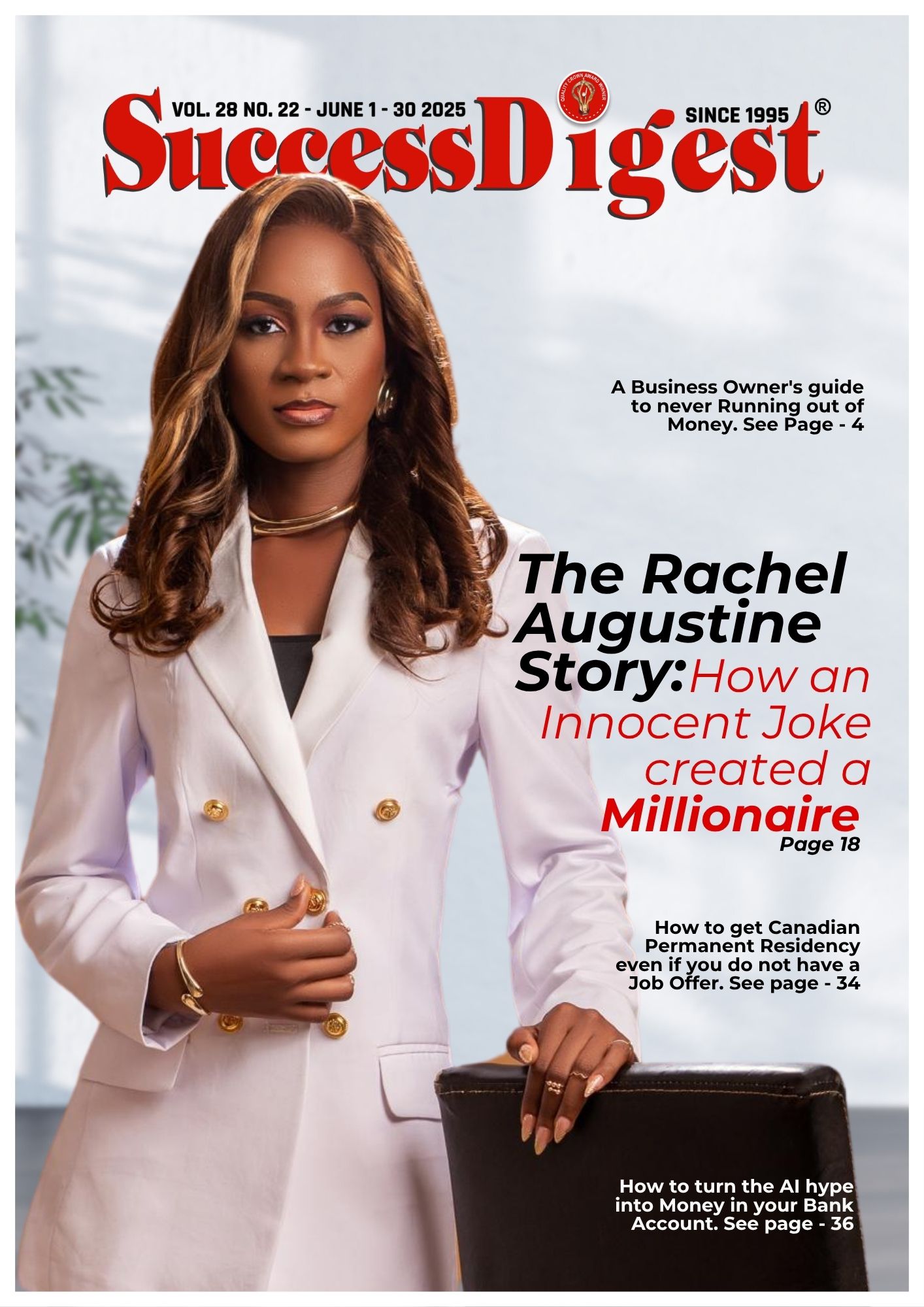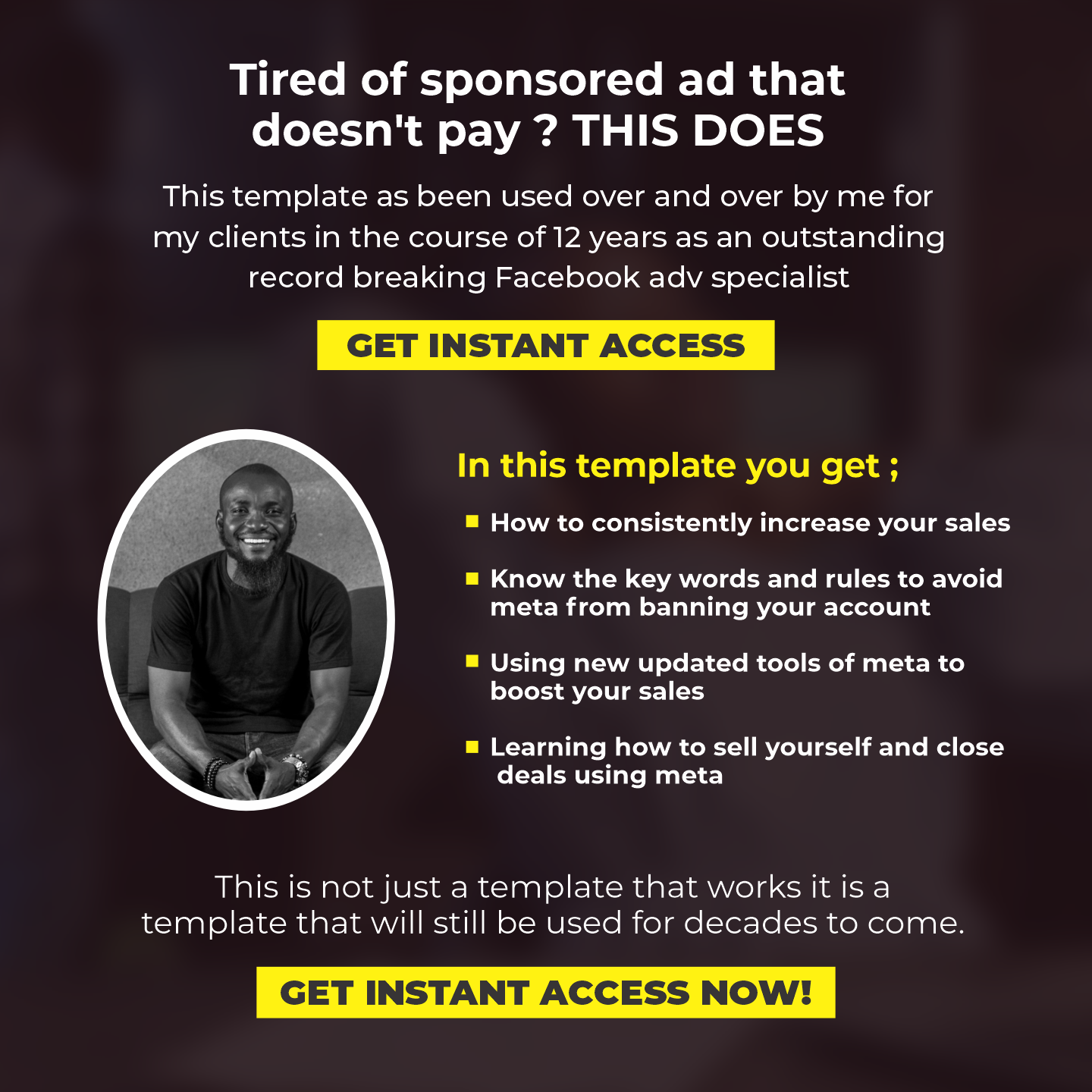This is quite a complex procedure. Although you have a marketable idea, the blunt truth is that the idea will never become money in your bank account unless you find someone (maybe a bank) to fund the development of the idea into a marketable product or service.
The bank or other sources of funding are obviously the first place to look for seed capital. But let’s assume that you contacted all these sources and none of them was ready to fund your idea; what do you do next?
The option that is open to you is to face the reality of going into partnership with anyone who has the money and the interest to fund the idea. The trouble with this is that most people with ideas often fail to realize that money is as critical as the idea itself: In other words, while their idea is good and could make tons of money, the money the other party will also contribute to take the idea to the marketplace is at this point also very important.

If the idea owner fails to recognize this fact and keeps insisting that he would have more stake in the business than the person providing the cash, then there will be no agreement. The same is true if the funder also insists on taking more than half of the stake in the business because of the money he’s providing.
However, the person with the raw cash has the upper. When you are confronted with a situation whereby the financier is asking for more stake than you are prepared to give, you should continue to search for the right partner until you find one. But if you’re tired of searching and you’re left with a financier who wants, say two-thirds of the equity of the company you’re forming, instead of turning your back on him and allowing your idea to go to waste while you remain broke, my advice is that you accept the condition.
There are many advantages to following my suggestion. First, you will own a company even if you’re the minority partner in it. Second, you will start generating income. You’ll no longer be flat broke. Third, you will start gathering experience of how to run a business. Fourth, you will also start developing your own network of contacts with banks and suppliers. And, fifth, you will be able to build credibility (or name equity) in the marketplace with all of these advantages you will eventually be collateralized and leveraged in the next step.
Before we get to that important next step, let me draw your attention to this important truth. The five advantages I listed above will only be applicable if you do a good job of running the company well. To say it another way, if you decide to cheat your partner and start to divert money from the company into your pocket, you will never enjoy all the above benefits. And even if you do, you will never have peace of mind. As I’ve probably mentioned elsewhere in this book, the money you make that you cannot sleep with both your eyes closed is not worth the effort. Money without peace of mind is the most terrible type of money you can ever make. Don’t even allow the thought to cross your mind!
With that point made absolutely clear, let’s continue our journey. We are at the point where we have a company set up based on our idea although we are having as little as 10% of the equity. Now let me share with you a secret that I didn’t know early in my business career. As I’ve mentioned elsewhere in this book, our first company was under-funded. As a result, I was spending considerable time looking for capital. And the issue of equity sharing always came up. Like most people with a sellable idea, I was adamant that I would not give up the controlling share in my business. That did not always go down well with the potential investors I was having talk with. And we always parted ways.
My mentor, Alhaji Raheem Adejumo, noticed this trend and tried to impress it on me that I didn’t need to insist on a controlling share in the business. “Since you’re the one who would be managing it, what should be of interest to you is that you have a business and then do your best to manage it well, thus earning your living from it,” he would say.
The message didn’t sink in. After seven years of hard struggle and exposure to some books and magazines from the United States of America, I saw the point Alhaji Adejumo was making. If I had known then what I know today, I would never have had cause to go through what my wife and I suffered in the process of building our first business.
I have today taken this philosophy beyond where Alhaji Adejumo and those management books stopped. I have discovered that if you do a good job of managing the business established on your idea, even though you have a smaller stake in it, you could go on to capitalize the income you make from that business to fund another one that is one hundred percent owned by you.
Let me explain by telling you my own story. I won’t start from the beginning because you already read all about that in the early part of this book. When God fulfilled my desire to have Complete Communications Limited (CCL) survive me and raise men who could take over the running of the company even while I was still alive my wife and I decided towards the end of1994 (during the 10th anniversary of our going into the business) to capitalize our experience while growing CCL into another asset. God led us to set up the Success Attitude Development Centre (SADC), and along with it, SuccessDigest.
SADC and SuccessDigest were established with our assets from CCL: our incomes, goodwill, and contacts with suppliers and banks. Just one example of how we did it. Since 1987, we’ve been publishing our football magazine, Complete Football, with Academy Press. When we were about to launch SuccessDigest, I took advantage of our long, mutually beneficial relationship with Academy Press to ask for a month’s credit for the printing of SuccessDigest. To say it another way, Academy Press would first print the publication and after a month they would get paid. There is no way any new business would get this type of facility without someone in the business having a prior good standing with the company offering the credit. The value of the credit facility offered us by Academy Press was, by the way, worth more than Nl00,000 at the time.
Let me cite another example. I was able to negotiate with our newsprint supplier to grant me credit on paper as well. Now, you try walking to a newsprint supplier you’ve never done business with and ask for such credit and see if you can swing it. Don’t get me wrong. The only way you can swing this sort of credit is if you get someone else you know to stand as a guarantor for you. Unless, of course, you know how to make God stand surety for you.
How can you do that? Let me share this story that I love telling people whenever I want to draw people’s attention to one of the benefits of walking with God. The SADC building was about to be completed in 1997. We had exhausted the cash we set aside for the completion of the building yet the painting had not been done. There was a paint seller whom we patronized for the painting of our first building. My wife and I decided to approach her to see if she would supply the paint and get paid in about three weeks. We were so confident that she would grant our request.
On getting to her, the woman told us she was not in a position to help. As she put it, she had done such a favor to many people in the past and had regretted doing so. As we left her shop and started driving back home, my spirit said we should go to Amu Market on Palm Avenue Street, Mushin, in Lagos, where they sell building materials, including paints.
We approached the market through Ilupeju and Agege Motor Road. As we were about to make a right turn from Agege Motor Road onto Palm Avenue, my spirit said to me: “It is here.” And I immediately told my wife: “This is where we are going to buy the paint.” I pulled up in front of the shop and parked.
Without having met the owner of the paint shop before, a brief explanation of our mission was all we needed to make and he gave us the paints. Just like that! That was in 1997. Between then and now; we have bought every paint we needed from this man. The name of the man’s business? Ezekostar Limited.
Now, let me make this declaration. I have no doubt in my mind that God stood as a guarantor for us in that transaction. It was He who guided us to this paint seller. He had prepared the ground for us even before we got there. We only needed to show up as we did. And the rest was just a mere formality. If you learn to walk with God and allow Him to show you the way, not only will genuine ideas – which I’ve already proved to you – come from Him; but also, insight on how to turn great ideas into money, will come to you from Him. So it is very important that you allow God to lead you in the search for your first million.
To get back on our journey, you now understand that if you are faithful to managing that business which you have small equity in, you can capitalize your rewards from the effort. Now, what you must know is that you must have a burning desire to own a second business 100 percent. That desire will ensure that you look for another idea that will not compete with the one you are already working on.
For example, my wife and I did not set up another sports publishing company; instead, we chose to use our experience in growing CCL to teach others how to build their own businesses. There is nothing we are doing at SADC or publishing in SuccessDigest that remotely competes with our core sports publishing business. That is the best way to do it.
As soon as you have another idea and you have enough resources to float it, then you have to do one of two things. You can either hire people to manage the new business for you while you continue to manage the business you’re already working in, or vice versa.
Quote:
“The option that is open to you is to face the reality of going into partnership with anyone that has the money and the interest to fund the idea. The trouble with this is that most people with ideas often fail to realize that money is as critical as the idea itself: In other words, while their idea is good and could make tons of money, the money the other party will also contribute to take the idea to the marketplace is at this point also very important”

